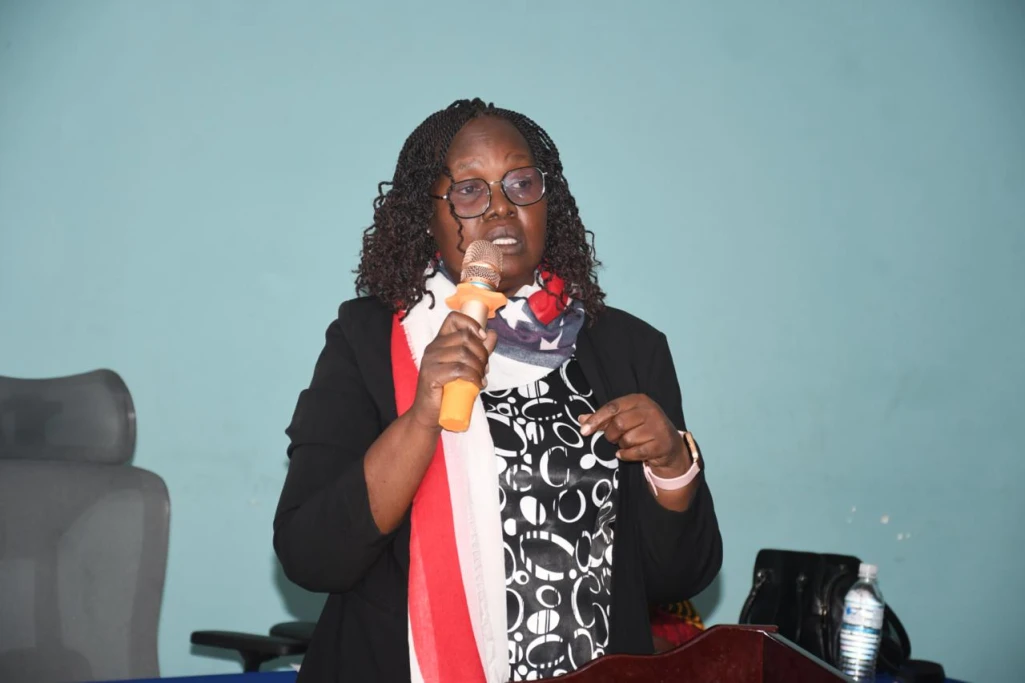
A gender expert has said social norms are one of the major factors hindering women’s participation in leadership.
In South Sudanese communities, men dominate social, cultural, and political decision-making whereas women are regarded as inferior gender.
However, Betty Achan, stated that gender inequality limits women from engaging in developmental affairs of a society.
“The social norms portray us as caregivers and homemakers. this expectation limits women's participation in public spheres, including peace building and leadership roles.” Achan said at a workshop on women’s participation in leadership on Wednesday in Juba.
“Usually, you find that men take up the upper hand and women take the lower hand. And then the men begin to say that, no, this is a man's role. Even in instances where there could be opportunities to participate in something, it is the man who is usually selected.”
Achan stressed the need for girl child education.
“If she has not gone to school, her public engagement is limited because she cannot express her thoughts. It’s going to be difficult for these girls to participate in a peace building process,” Achan explained.
She also mentioned that cultural barriers undermine women’s roles in peace building.
“When a lady or a woman or a girl is moving up and about that woman and girl is perceived as, a spoiler. You're not considered a good person. This lowers their confidence in participating in peace activities,” she stressed.
The gender expert called on stakeholders to empower women.
“It is crucial to have a mentorship role and resources. We need solidarity. the government should have funding for such initiatives of mentoring our women leaders and women aspirers.” She empathized.
The expert echoed that, “Supporting these networks will help women gain access to leadership opportunities and navigate challenges and succeed in their roles.”